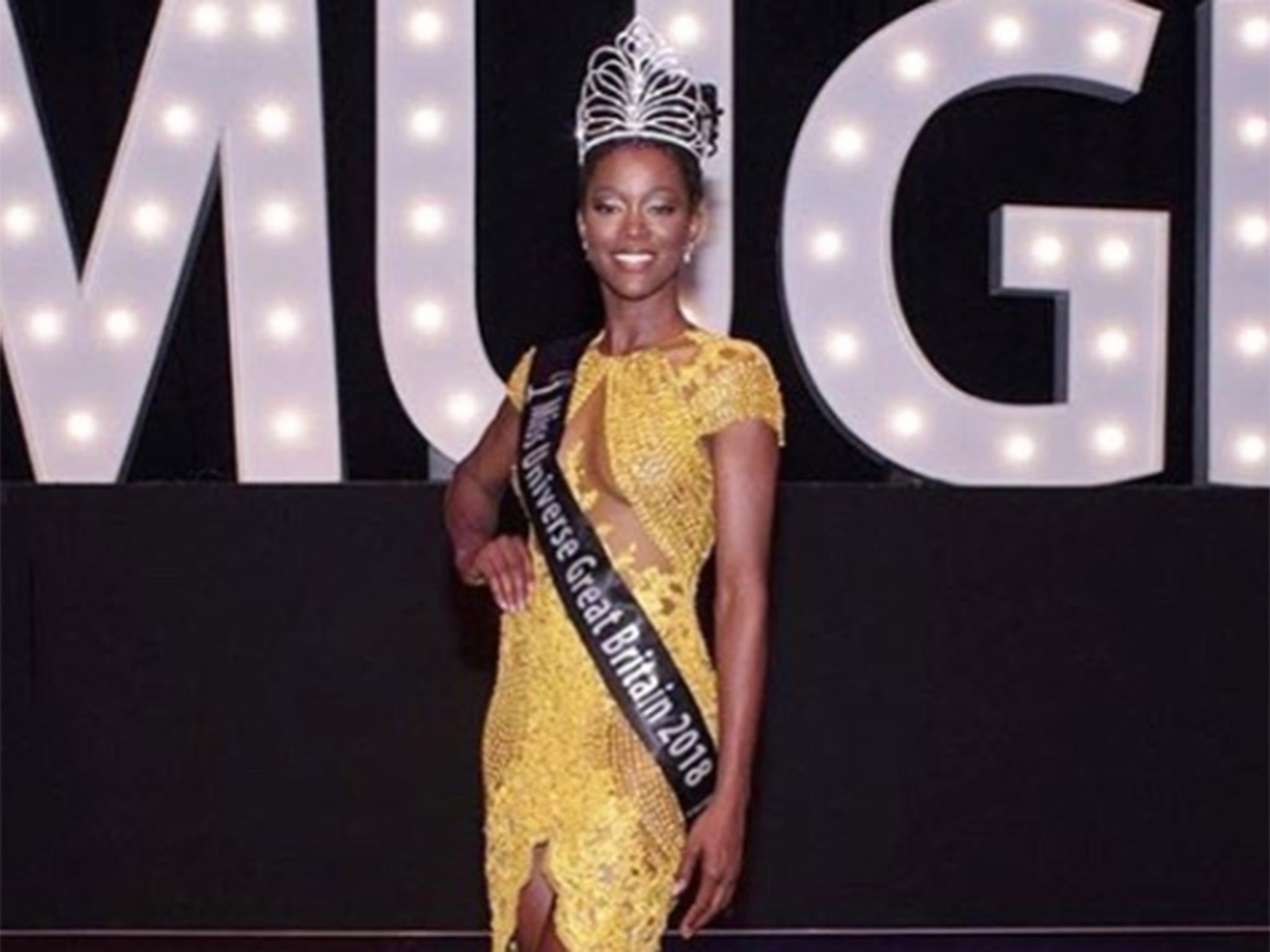Crowning the first black Miss Universe Great Britain should be celebrated – but black women are still too often erased from the main stage
Notwithstanding fetishised celebrations of our bodies, or the widespread appropriation of our features, black women in this country have often had to establish their own criteria for what constitutes beauty


Your support helps us to tell the story
From reproductive rights to climate change to Big Tech, The Independent is on the ground when the story is developing. Whether it's investigating the financials of Elon Musk's pro-Trump PAC or producing our latest documentary, 'The A Word', which shines a light on the American women fighting for reproductive rights, we know how important it is to parse out the facts from the messaging.
At such a critical moment in US history, we need reporters on the ground. Your donation allows us to keep sending journalists to speak to both sides of the story.
The Independent is trusted by Americans across the entire political spectrum. And unlike many other quality news outlets, we choose not to lock Americans out of our reporting and analysis with paywalls. We believe quality journalism should be available to everyone, paid for by those who can afford it.
Your support makes all the difference.Given Great Britain’s continual slowness to represent people of colour in just about every industry under the sun, it’s not surprising that it has taken well over half a century to crown its first black Miss Universe. But what is unusual is the fact that its representative, Anguilla-born Dee-Ann Kentish-Rogers, is a dark-skinned black woman with natural hair.
Kentish-Rogers, who recently completed The University of Law's bar professional training course, was crowned at the weekend, breaking with the tradition of largely white, or light-skinned winners. Beyond the significance of her presence in the competition alone, Kentish-Rogers mused about the unique qualities she brought to the pageant, some of which had likely never been seen before.
As Love Island, Strictly Come Dancing, The X Factor and other popular competition-based shows routinely demonstrate, black, dark-skinned women in Britain still struggle to be included on reality TV, let alone internationally recognised pageants like Miss Universe.
To her knowledge, Kentish-Rogers is “the first dreadlocked woman to walk across a Miss Universe Great Britain stage”, and hopes to foster a better sense of community among all women as the result of her success.
It would be easy to dismiss this as a surface win for black women in Britain. Many see the Miss Universe pageant, formerly owned by Donald Trump, as a dated and superficial affair, dedicated only to upholding unrealistic beauty ideals and a restrictive representation of what it means to be a woman. Equally, given the historic nature of Kentish-Rogers victory, it could be interpreted that her win, which she described as “really humbling” and “a privilege”, exists in contradiction with this country’s lack of inclusion when it comes to championing more varied ideas of black womanhood.
Historically, black women have been rendered less desirable than white women and, as studies have shown, all other groups of women in online dating. Notwithstanding fetishised celebrations of our bodies, or the widespread appropriation of our features, black women in this country have often had to establish their own criteria for what constitutes beauty, with pageants of the 1960s and 70s – such as Miss West Indies in Great Britain – standing in as substitutes for competitions that were less likely to appreciate black women.
Now, decades later, Kentish-Rogers is forging a new path for black women in pageantry and in the mainstream media. Overcoming years of the exclusion of black women like her, Kentish-Rogers, like so many other black women who have had to withstand society quietly communicating its lack of appreciation for them, had to “condition herself to believe that she was worthy of that title”.
She added: “Going into a pageant that is full of diverse and beautiful women you have to see your individuality as something that is important. Because you can sit there and compare yourself body wise, facially, and it will do you no good. So mentally it is about just being confident and putting yourself out there as the truest form of yourself.”
Recognition from mainstream institutions aren’t necessarily grounds for celebration on their own given the great pains the black community has gone through to set our own standards when it comes to defining beauty. But it is noteworthy that Britain’s current Miss Universe representative, in a world that refuses to afford those of us with features that exist in opposition to traditional European beauty standards, looks like millions of women and girls who have long ached to see themselves represented on the main stage. Yes, that stage is somewhat limited in its recognition of the varied qualities that women, whether of colour, trans, disabled, or above size 10, have to offer, but it is certainly a start.
Join our commenting forum
Join thought-provoking conversations, follow other Independent readers and see their replies
Comments